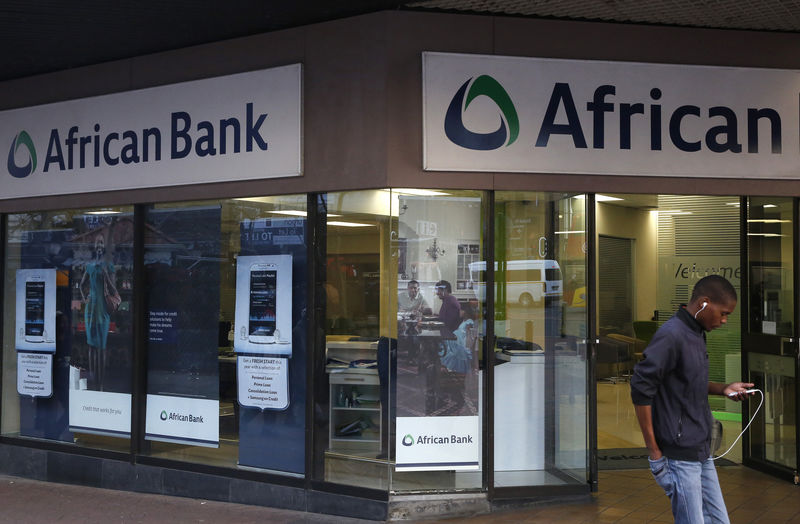
South Africa’s Reserve Bank Plans to Sell African Bank Stake Within Year or Two
South African Reserve Bank (SARB) expects to sell its 50% stake in African Bank in a year or two, the central bank’s deputy governor said on Thursday. African Bank was placed under SARB control after nearly collapsing in 2014 due to the weight of bad loans. The bank was hived off from African Bank Investments Ltd (Abil) when […]

South African Reserve Bank (SARB) expects to sell its 50% stake in African Bank in a year or two, the central bank’s deputy governor said on Thursday.

African Bank was placed under SARB control after nearly collapsing in 2014 due to the weight of bad loans. The bank was hived off from African Bank Investments Ltd (Abil) when its listed parent began to fail.
“It is not the intention of the Reserve Bank to own the share for a very long time but we do want to ensure that the bank is sound and stable before we exit,” Deputy Governor Kuben Naidoo told reporters.
“So probably in the next year or two the Reserve Bank will be looking to dispose of its stake,” Naidoo said during a presentation of the Prudential Authority report on the banking sector, adding a stake sale would depend on market conditions.
According to its 2021 targets, African Bank wants to build up retail deposits and reduce exposure to unsecured credit.
The Prudential Authority, which regulates the financial sector, said in its annual report that five banks controlled 90.5% of South Africa‘s banking assets in the year to March 31.
The banks are Absa, FirstRand, Nedbank, Standard Bank and Capitec Bank.
Local branches of international banks accounted for 5.6% of the market, while others held 3.8%, according to the report.
Mobile banking newcomers, such as Discovery Bank, TymeBank and Bank Zero, have been seeking to undercut established rivals with lower costs but have yet to make major inroads.
The Prudential Authority said it had received 27 licences from financial institutions, include banks, mutual banks and insurers, in the year to the end of March.
“We think that this is very positive. We think it will promote competition and it will promote financial inclusion” Naidoo said. “So we’re quite excited about new players, some of them using new technologies to enter the sector.”
(Reporting by Nqobile Dludla; Editing by Edmund Blair)
